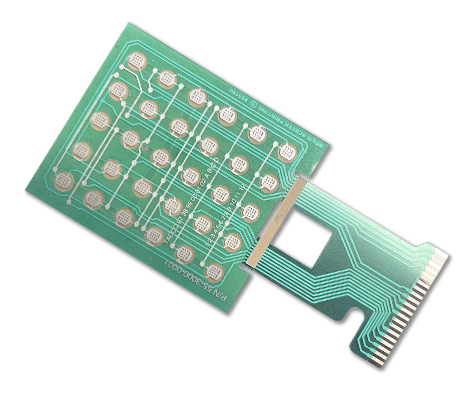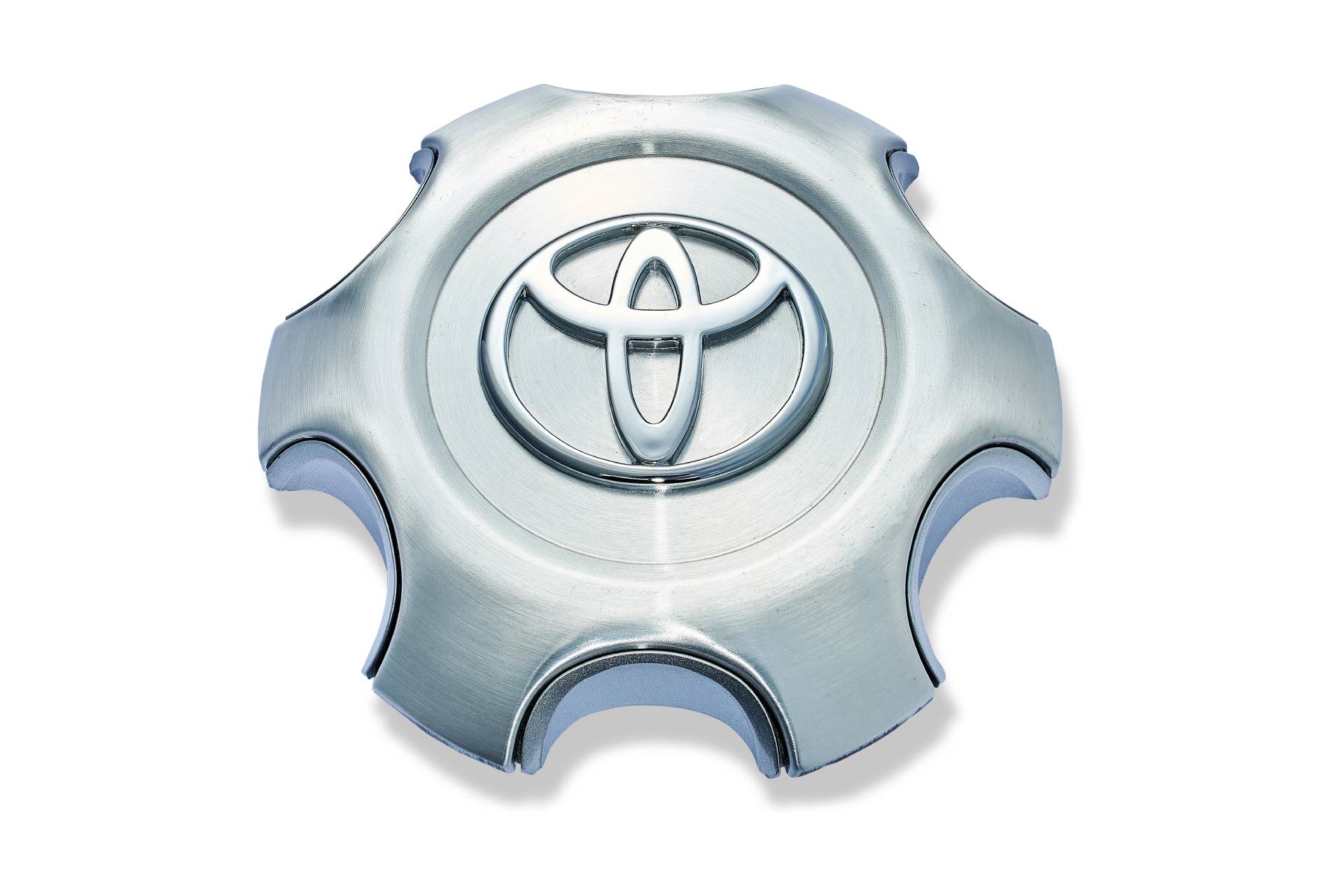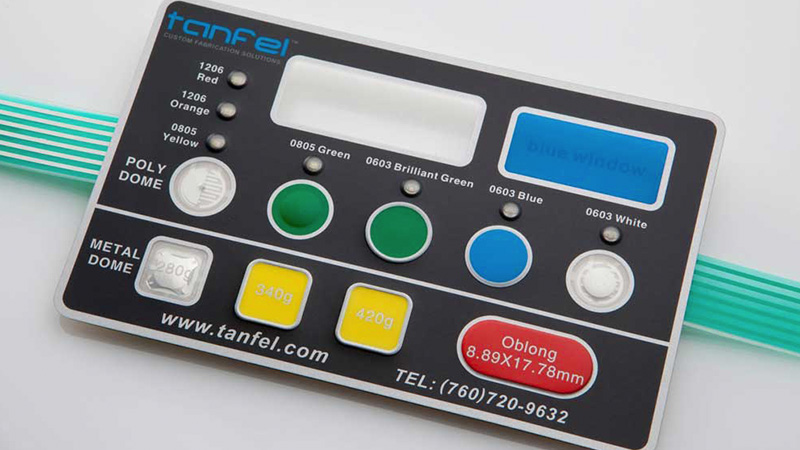How Membrane Switches Are Used in Medical Devices and Equipment
How Membrane Switches Are Used in Medical Devices and Equipment
Blog Article
Comprehending the Importance of Membrane Switches in Individual Interfaces
Membrane buttons are indispensable elements in the design of reliable user interfaces, helping with not just capability yet also boosting visual appeal and individual interaction. Their one-of-a-kind features, such as resistance to ecological variables and adjustable layouts, make them appropriate for a diverse selection of applications across several industries. As we check out the numerous advantages and future fads connected with Membrane innovation, it comes to be clear that these switches are a lot more than just parts; they stand for a merging of innovation and functionality. The ramifications of this technology on customer experience are worth examining even more.
What Are Membrane Switches?

The spacer layer, which contains glue properties, permits the splitting up of the circuit layer from the overlay, ensuring that the button stays in a non-activated state up until pressed. When stress is put on the overlay, it compresses the spacer layer, linking the void and completing the circuit in the underlying layer. This design not just lowers the physical area required for traditional mechanical buttons but also boosts the longevity of the tool, as Membrane switches are usually resistant to dirt, wetness, and other ecological elements.
Typically found in applications varying from consumer electronics to medical tools, Membrane buttons are indispensable to contemporary technology, providing a efficient and easy to use user interface that aligns with contemporary style demands.
Benefits of Membrane Switches
While various button technologies exist, Membrane Switches deal unique advantages that make them particularly preferable in numerous applications. One of the primary advantages of Membrane switches is their small design, which allows for space-saving executions in devices where property is restricted. Their slim profile not only improves visual allure however additionally assists in light-weight construction.
One more considerable benefit is their resistance to ecological factors. Membrane switches are generally sealed against moisture, dust, and pollutants, making them optimal for use popular environments, such as medical devices and industrial equipment. This sturdiness expands the life-span of the button, lowering upkeep prices and boosting dependability.
Additionally, Membrane buttons can be tailored to meet particular design requirements, incorporating unique graphics and colors that boost individual communication. Their tactile comments options can also be customized to give an enjoyable customer experience. Furthermore, Membrane buttons are cost-efficient, specifically in high-volume applications, as they can be created effectively.
Applications in Numerous Industries

In the consumer electronics sector, Membrane buttons are widespread in tools such as microwaves, cleaning makers, and push-button controls. Their tactile feedback and aesthetic choices improve individual experience while offering a sleek, modern appearance. In addition, vehicle makers utilize Membrane buttons in control panel controls and infotainment systems, where room is restricted, and individual engagement is critical.
Moreover, the commercial market leverages Membrane buttons in control panels for machinery and equipment, enabling user-friendly procedure in usually extreme environments. Their resistance to chemicals and dampness makes sure durability and reliability in these applications. On the whole, the versatility of Membrane Switches adds dramatically to their extensive usage, making them vital in various technical domains.
Layout Considerations for Membrane Switches

When creating Membrane switches, numerous key factors to consider have to be considered to ensure ideal capability and customer experience. The choice of products is vital; picking durable, premium substrates can enhance the button's long life and resistance to ecological factors such as moisture and temperature fluctuations.
Secondly, the style of the graphic overlay ought to focus on clarity check my reference and ease of use. Icons and message must be legible, and the layout should help with intuitive interaction (membrane switches). Furthermore, tactile feedback is essential; incorporating a tactile dome or various other devices can improve the individual experience by offering physical confirmation of activation
Another important aspect is the switch's electrical performance. Designers need to ensure that the conductive traces are correctly designed to lessen resistance and stay clear of signal disturbance. This involves examining the called for actuation pressure and making sure compatibility with the electronic components they will certainly user interface with.

Future Patterns in Membrane Innovation
As innovation remains to advance, Membrane buttons are poised to develop significantly, driven by developments in materials and producing strategies. One arising fad is the consolidation of innovative products, such as conductive inks and flexible substrates, which improve toughness and lower the total weight of Membrane buttons. These products not just boost the tactile reaction but also enable the style of buttons that can stand up to harsher ecological problems.
Moreover, the combination of touch-sensitive modern technologies is changing typical Membrane Switches into more interactive user interfaces. Capacitive touch sensing units installed within Membrane switch panels can provide a more receptive and instinctive individual experience, lining up with the growing need for smooth, contemporary designs in customer electronic devices.
Furthermore, developments in printing techniques, such as electronic and 3D printing, make it possible for fast prototyping and customization of Membrane buttons. This flexibility permits makers to respond faster to market demands and consumer choices.
Lastly, sustainability is coming to be a substantial focus, with manufacturers discovering green materials and procedures. As these trends unravel, the future of Membrane modern technology promises boosted performance, visual appeal, and ecological obligation, strengthening their function in innovative interface throughout various sectors.
Conclusion
To conclude, Membrane Switches stand for an important part in the design of interface, integrating capability with aesthetic versatility. Their benefits, including longevity and resistance to environmental aspects, make them ideal for diverse applications across numerous industries. Furthermore, thoughtful layout considerations improve customer interaction and experience. As improvements in modern technology continue, the evolution of Membrane buttons is anticipated to further refine interface, driving Full Article advancement and boosting use in an increasingly complex technological landscape.
Membrane switches are integral parts in informative post the layout of efficient individual interfaces, helping with not only performance however likewise enhancing visual charm and individual interaction.Membrane Switches serve as an essential part in different user interfaces, facilitating a smooth communication between customers and digital gadgets.While numerous button innovations exist, Membrane Switches offer distinctive advantages that make them particularly preferable in different applications.Moreover, Membrane switches can be customized to fulfill particular design demands, incorporating one-of-a-kind graphics and colors that enhance individual interaction.In verdict, Membrane Switches stand for an important part in the layout of user interfaces, combining performance with visual adaptability.
Report this page